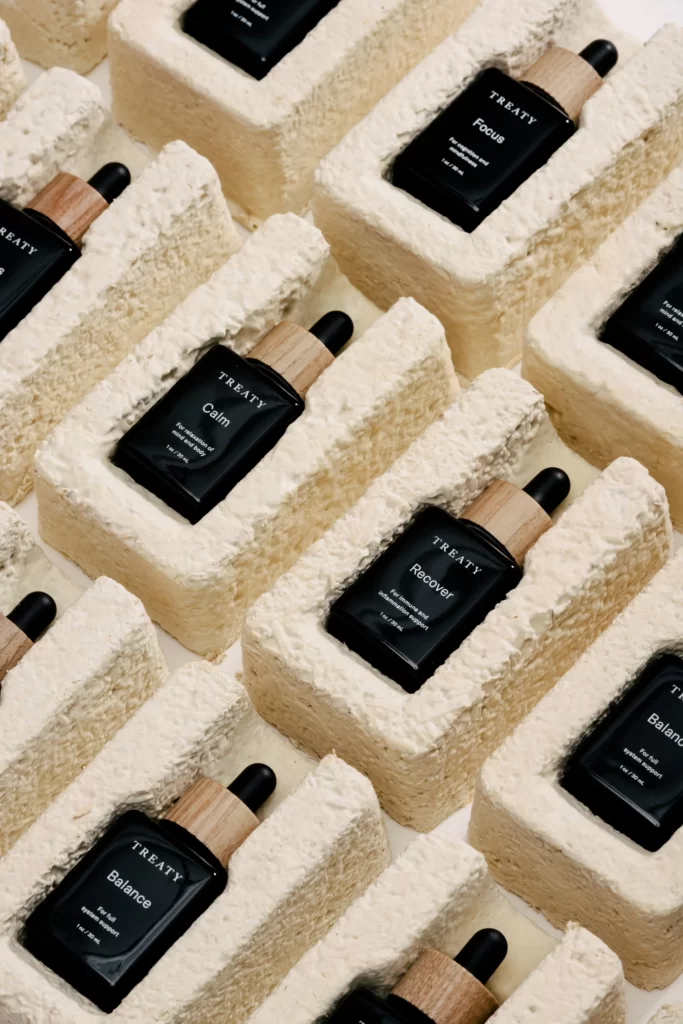Mycelium, the vegetative part of a fungus, is not necessarily rare, as it can be found in various habitats worldwide. However, the application of mycelium as a substitute for plastic packaging is relatively new, and large-scale production is currently limited.

Plastic has become ubiquitous in our daily lives, and its production has surged over the past few decades. In 2019, the world produced a total of 368 million metric tons of plastic, and this figure is projected to increase to 500 million metric tons by 2025. Plastic waste is a global problem that is causing significant harm to the environment, particularly marine life. It is estimated that up to 12 million metric tons of plastic enter the ocean each year, and this has led to the formation of giant garbage patches that disrupt marine ecosystems and endanger marine species.

Mycelium-based packaging offers a sustainable alternative to traditional plastic packaging. Mycelium is biodegradable, renewable, and can be grown from agricultural waste products. It also has the potential to replace expanded polystyrene, a commonly used material in packaging that is not recyclable and takes centuries to degrade. Mycelium-based packaging is not only environmentally friendly but also offers excellent insulation properties and can be molded into various shapes and sizes. In the future, mycelium could also be used in building materials, textiles, and even as a meat substitute.
Change begins with small actions, and mycelium-based packaging is an example of how humanity can make a positive impact on the environment. As consumers, we have the power to choose sustainable alternatives and support companies that prioritize the environment. By making conscious decisions, we can extend our longevity and create a world that is healthier and more sustainable for future generations.

The packaging industry is a massive global market, with a value of over $900 billion in 2020. Plastic packaging makes up a significant portion of this market, and as the negative impacts of plastic waste become more apparent, there is a growing need for sustainable alternatives.
To incorporate mycelium as a global replacement for plastic packaging, we can take the following steps:
- Increase awareness and education about the benefits of mycelium-based packaging, and encourage consumers to choose sustainable options.
- Support research and development of mycelium-based materials, to improve production efficiency and reduce costs.

- Collaborate with companies and governments to implement policies and regulations that promote the use of sustainable packaging materials.
- Invest in infrastructure and supply chain development to ensure a stable and reliable source of mycelium-based materials.

By taking these steps, we can work towards a future where sustainable packaging is the norm, and harmful plastic waste is a thing of the past.





